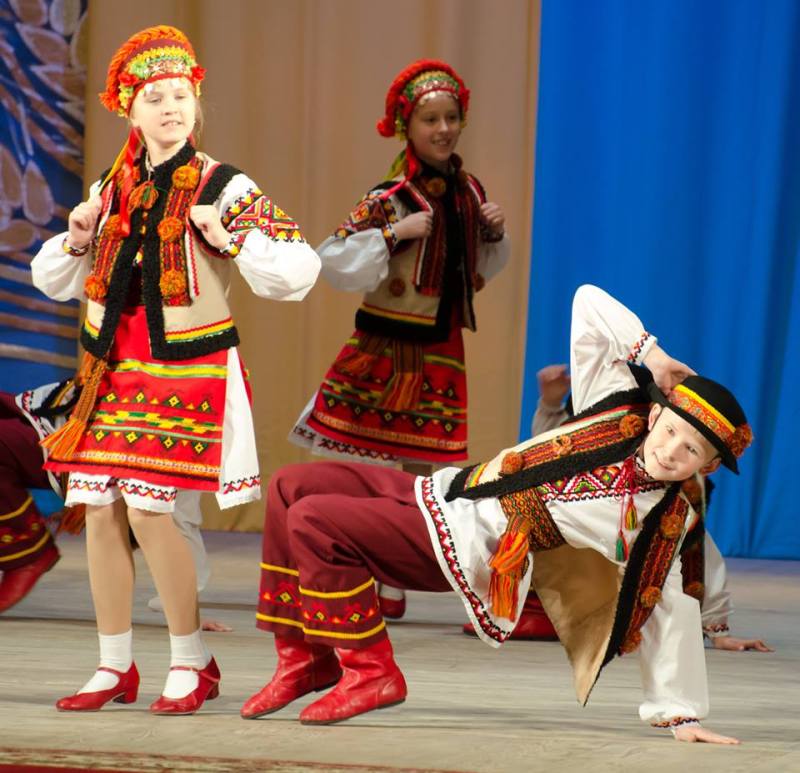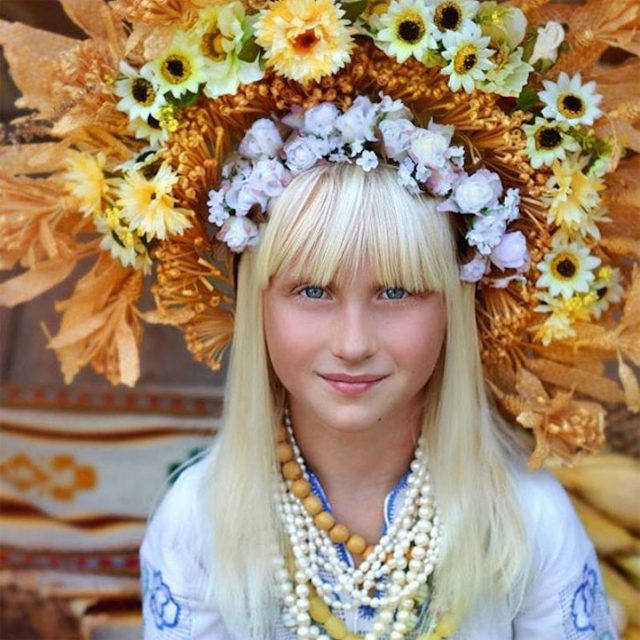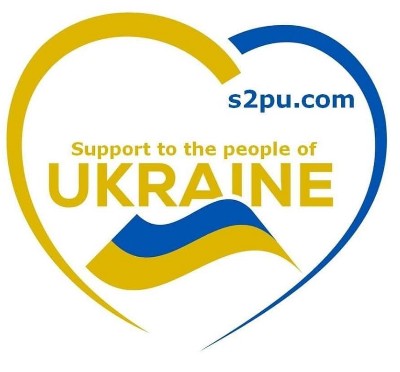A world of cultural talent
Agency
Ukrainian nationhood begins with the Kyivan Rus. This Eastern Slavic state flourished from the ninth to the thirteenth centuries on the territory of contemporary Ukraine, with Kyiv as its capital. The name Ukraine first appeared in twelfth century chronicles in reference to the Kyivan Rus. In medieval Europe cultural boundary codes were based on a native ground demarcation. Ukraine, with its lexical roots kraj (country) and krayaty (to cut, and hence to demarcate), meant "[our] circumscribed land." The ethnonym Rus was the main self-identification in Ukraine until the seventeenth century when the term Ukraine reappeared in documents. This ethnonym of Rus people, Rusych (plural, Rusychi ), evolved into Rusyn , a western Ukrainian self-identification interchangeable with Ukrainian into the twentieth century. Ruthenian , a Latinization of Rusyn , was used by the Vatican and the Austrian Empire designating Ukrainians.
Many restaurants serve traditional Ukrainian foods as borscht, cabbage rolls, varenyky (dumplings), studynets (a form of headcheese), and shashlyky (kebabs). On festive occasions these dishes are accompanied by vodka or champagne and eloquent toasts. The dish known as chicken Kyiv, though commonly served in Ukraine, likely originated elsewhere.


Ukrainian folk dance
Traditional ukrainian dance is a true art, a combination of folk and music. It is known not only in Ukraine but also all over the world. Folk art absorbed the best traditions and customs and, of course, the results of the formation of the Ukrainians as a nation.
Traditional clothing
Traditional Ukrainian costumes for women consist of long skirts, blouses or tunics, head wraps, scarves, or other decorative headdresses, and sashes. These items are richly embroidered with traditional folk motifs. Red is a prominent color in the folk dress of Ukraine.




Ukrainian song
Rhythmically the music rarely uses complex time-signatures, but compound meters are encountered, and the music can be extremely complex harmonically.


